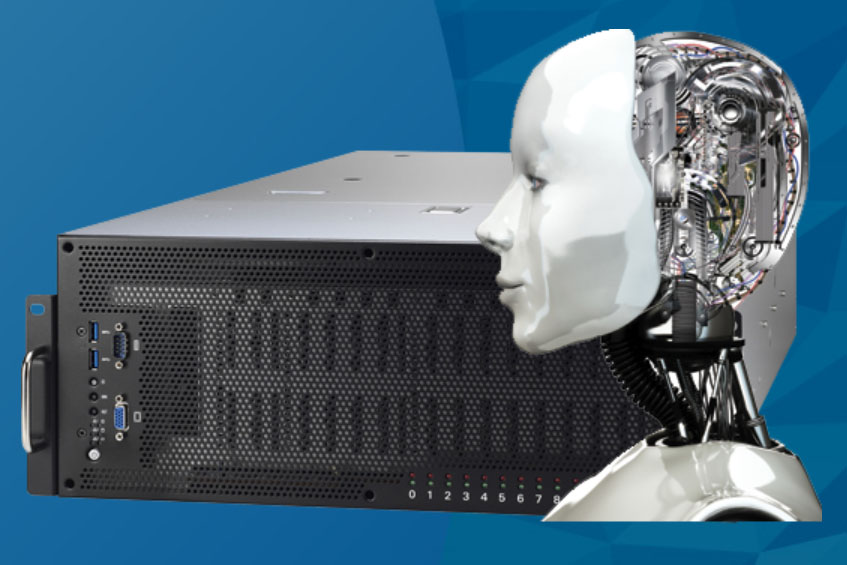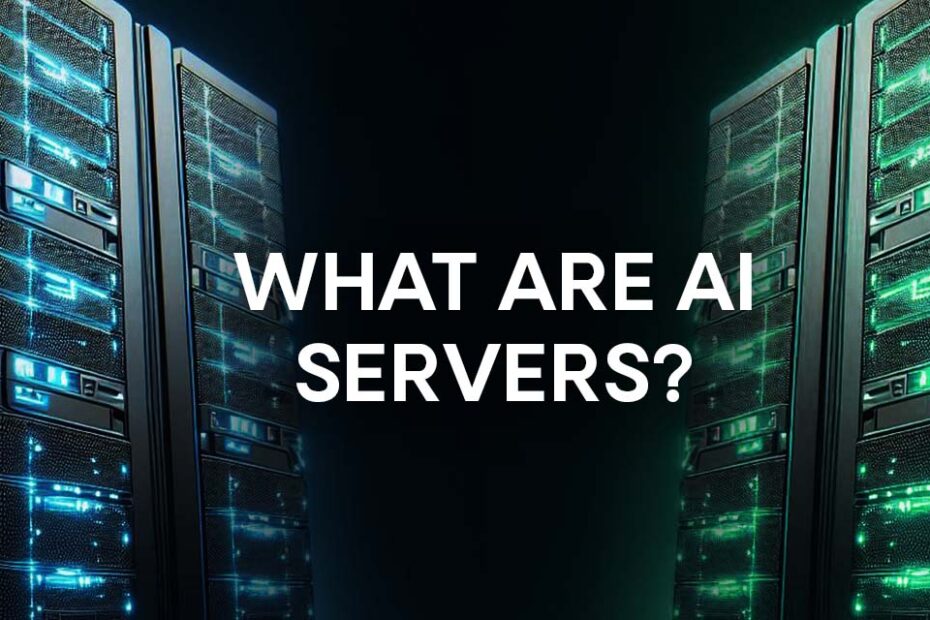Choosing the Right Server or Workstation for AI
When selecting a server or workstation for AI applications, it’s essential to focus on hardware that can handle the computational demands of AI tasks such as machine learning, deep learning, and data analysis. The key components that make a server or workstation suitable for AI include powerful CPUs, robust GPUs, ample memory, and high-speed storage.
1. Multi-Core Processors (CPUs)
AI workloads, especially deep learning, require substantial processing power. A server or workstation equipped with multi-core CPUs, such as Intel Xeon or AMD EPYC, is ideal for handling parallel processing tasks. These processors allow the system to efficiently manage large datasets and complex algorithms, ensuring fast and reliable performance.

2. High-End Graphics Processing Units (GPUs)
For AI, especially in deep learning, GPUs are just as important as CPUs, if not more. NVIDIA GPUs, particularly models like the A100 or the RTX series, are commonly used for AI tasks due to their ability to handle parallel computations more efficiently than traditional processors. A server or workstation with multiple GPUs is essential for training neural networks and handling large-scale AI workloads.
3. Large Memory and Fast Storage
AI models often require large amounts of data, making RAM a critical component. A suitable server should have at least 64GB of RAM, and workstations used for more advanced AI tasks may need even more. Additionally, fast storage solutions like NVMe SSDs are essential for quickly accessing and processing datasets, which can significantly reduce training time.
4. Scalability and Networking
AI projects can grow in complexity over time, requiring scalable hardware. A server with the ability to add additional GPUs, storage, and memory allows for future upgrades. Moreover, high-speed networking capabilities are crucial for distributed AI workloads, especially in research and enterprise environments where multiple servers work in unison.
Conclusion
A server or workstation suitable for AI needs to have multi-core CPUs, high-performance GPUs, ample memory, and fast storage to meet the intense computational demands of AI workloads. For both small-scale projects and large enterprise-level applications, these components ensure that AI tasks are handled efficiently, enabling faster model training, real-time inference, and data processing.
